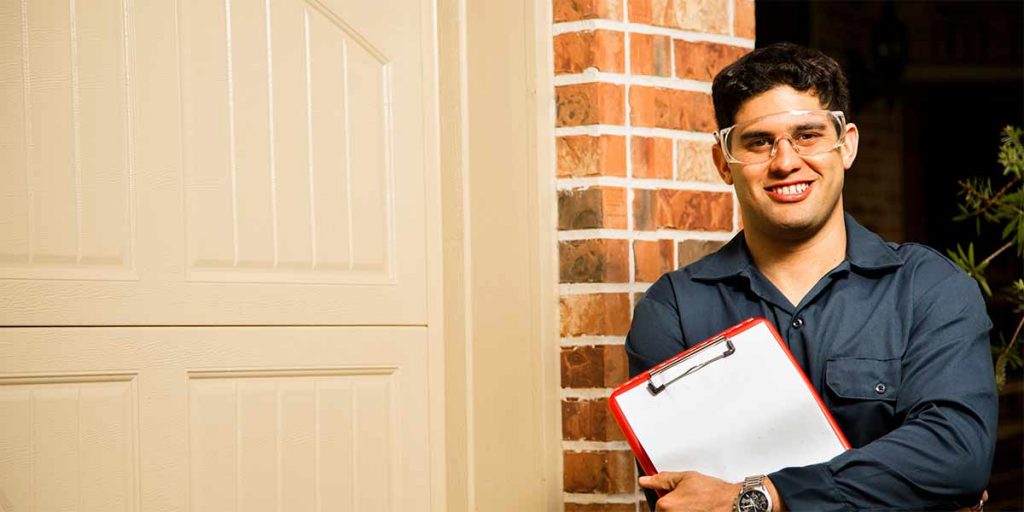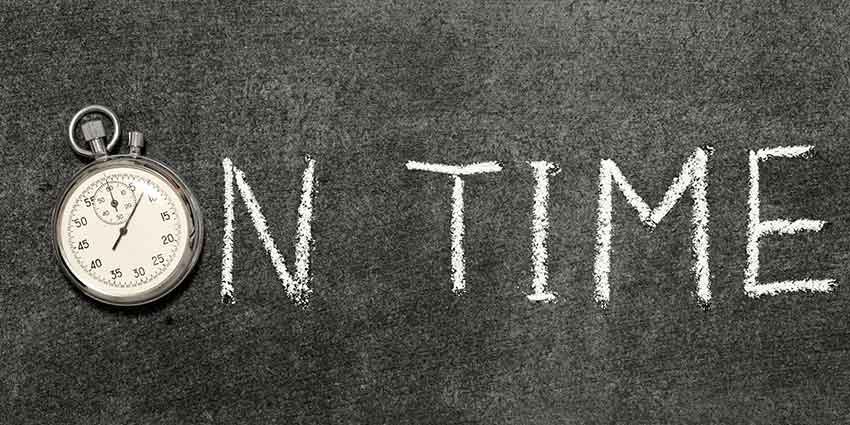Becoming a home inspector can be a rewarding career choice. A profession that combines technical knowledge with people skills exists.
In this guide, we’ll explore the ins and outs of home inspector certification. We’ll delve into the requirements, the process, and the costs involved.
We’ll also take a closer look at the specifics for those based in Orlando, FL. And we’ll introduce you to LEAP Academy, a resource for aspiring home inspectors.
What Does a Home Inspector Do?
A home inspector plays a crucial role in the real estate process. They are the ones who ensure that a home is safe and sound for its future occupants.
They examine a property’s structure, systems, and components. This includes the roof, plumbing, electrical systems, and more.
Home inspectors identify potential issues and provide a detailed report. This report helps buyers make informed decisions about their investment.
In essence, a home inspector is a detective of sorts. They uncover the hidden truths of a property, ensuring peace of mind for all parties involved.
Why Certification Matters for Home Inspectors
Certification is a mark of trust in the home inspection industry. It shows that an inspector has the knowledge and skills to do the job right.
Passing an exam is not the only focus. Certification involves rigorous training and adherence to a code of ethics. A commitment to quality and professionalism exists.
For home buyers and sellers, a certified inspector is a reliable choice. They can trust that the inspection will be thorough and accurate.
In short, certification sets a home inspector apart. A badge of credibility can open doors to more opportunities.
The Path to Becoming a Certified Home Inspector
Becoming a certified home inspector is a journey. It involves learning, practice, and a commitment to excellence.
First, you need to understand the role of a home inspector. This involves learning about building systems, construction standards, and safety regulations.
Next, you need to choose a certification program. This could be a national program or a state-specific one. The choice depends on your career goals and the requirements of your state.
Training is a key part of the process. This involves classroom learning, online courses, and hands-on practice. Gaining the knowledge and skills you need to succeed is important.
Finally, you need to pass the certification exam. This is a test of your knowledge and skills. The final step in the certification process is here.
Here’s a simple list to summarize the process:
- Understand the role of a home inspector
- Choose a certification program
- Complete the training
- Pass the certification exam
Step-by-Step Certification Guide
Let’s dive deeper into the certification process. Here’s a step-by-step guide to becoming a certified home inspector.
First, you need to meet the basic requirements. This usually involves being at least 18 years old and having a high school diploma or equivalent.
Next, you need to complete a pre-licensing course. This is a comprehensive training program that covers all aspects of home inspection. The foundation of your career is essential.
After the course, you need to pass the certification exam. This is a challenging test that requires thorough preparation. A test of your knowledge and skills exists.
Once you pass the exam, you need to apply for your license. This involves submitting your exam results, completing an application form, and paying a fee.
After getting your license, you need to start gaining experience. This involves working under a seasoned inspector or starting your own business. It’s about putting your knowledge into practice.
Continuing education is also important. This involves taking courses and attending workshops to stay updated with the latest industry trends and standards.
Finally, you need to renew your license regularly. This involves meeting the ongoing requirements of your state and certification program.
Here’s a detailed list to guide you:
- Meet the basic requirements
- Complete a pre-licensing course
- Pass the certification exam
- Apply for your license
- Gain experience
- Continue your education
- Renew your license regularly
Remember, becoming a certified home inspector is not a one-time event. It’s a continuous journey of learning and growth.
Home Inspector Certification in Orlando, FL
If you’re in Orlando, FL, the path to certification has its own twists. The state of Florida has specific requirements for home inspectors.
First, you need to complete a state-approved 120-hour course. This course covers Florida building codes, wind mitigation, and other state-specific topics.
Next, you need to pass the Florida Home Inspector Exam. This test assesses your knowledge of Florida’s home inspection standards.
Finally, you need to submit an application to the Florida Department of Business and Professional Regulation. This involves providing proof of your education, exam results, and a background check.
Understanding State-Specific Requirements
Every state has its own requirements for home inspector certification. These requirements can include specific courses, exams, and licensing fees.
In Florida, for example, you need to complete a 120-hour course and pass a state-specific exam. You also need to submit an application and pay a licensing fee.
Researching the requirements of your state before starting your certification journey is important. This will help you choose the right training program and prepare for the certification process.
Remember, becoming a certified home inspector is not just about passing an exam. Meeting the standards of your state and the expectations of your clients is essential.
The Cost of Home Inspector Certification
The cost of home inspector certification can vary. It depends on the state, the training program, and the type of certification you’re pursuing.
On average, you can expect to spend between $1,000 and $4,000. This includes the cost of training, exam fees, and licensing fees.
Here’s a rough breakdown of the costs:
- Training program: $500 – $3,000
- Exam fees: $100 – $200
- Licensing fees: $50 – $300
Keep in mind, these are just averages. The actual cost can be higher or lower depending on your specific situation.
What You Get for Your Investment
So, what do you get for your investment? Foremost, you get the knowledge and skills to perform home inspections.
You also get the credibility that comes with certification. This can help you attract more clients and command higher fees.
In the end, the cost of certification is an investment in your future. A stepping stone to a rewarding career in the home inspection industry exists.
LEAP Academy: A Pathway to Certification
If you’re looking for a reputable training program, consider LEAP Academy. It’s a well-known institution in the home inspection industry.
LEAP Academy offers comprehensive training programs. They cover all the knowledge and skills you need to become a certified home inspector.
The academy also provides resources for exam preparation. This can increase your chances of passing the certification exam on your first try.
Why Choose LEAP Academy?
So, why choose LEAP Academy? For starters, they have a proven track record. Many of their graduates have continued to have successful careers in home inspection.
Moreover, LEAP Academy offers flexible learning options. You can choose between online and in-person classes, depending on your preference and schedule.
Final Thoughts: The Value of Certification
In conclusion, obtaining a home inspector certification is a valuable investment. It not only boosts your credibility but also opens numerous opportunities in the real estate market.
Remember, the journey to certification requires dedication and hard work. But with the right resources and guidance, you can achieve your career goals.






